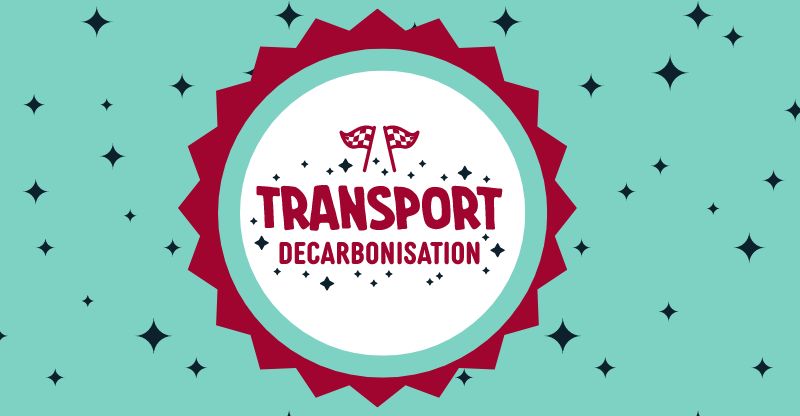Rethinking Employee Commutes
A major contributor to a company’s environmental impact is the daily commute of its employees. To initiate change, businesses should first conduct an audit of employees’ commuting patterns to establish a baseline from which to measure improvement.
Contact us to calculate your company’s carbon footprint
This initial step is crucial for mapping out the scope of intervention needed and fostering a culture of awareness and responsibility towards sustainable commuting within the organization.
Encourage remote and hybrid working
The pandemic has demonstrated that many jobs can be effectively performed from home, thereby reducing the need for daily commutes.
Businesses should consider implementing flexible or remote working policies to decrease travel-related emissions. A hybrid work model, combining remote work with office days, can also offer a balanced approach, reducing emissions while maintaining in-person collaboration.
Promote public transport, cycling, and walking
For employees who must travel to the workplace, businesses should encourage the use of public transport, cycling, or walking. Providing incentives such as subsidised transport passes, secure bike storage facilities, or even showers and changing rooms can make these options more appealing. Additionally, organizing group walking or cycling events can foster a sense of community and promote healthy lifestyles.
Businesses might consider investing in a company fleet of eco-friendly vehicles, which can be used by employees for necessary travel, further underscoring the company’s commitment to sustainability.
Optimising Logistics and Freight
The logistics and freight operations of a business are often substantial contributors to its overall emissions. By streamlining these processes, companies can significantly reduce their environmental impact.
In this case as well, it is crucial to seek specific advice on the environmental impact caused by transportation in order to implement the necessary adjustments. At Geco, for instance, we can assist in quantifying this impact and formulating targeted measures for its mitigation.
Foster a culture of sustainability
Embedding sustainability as a core value within the company culture is crucial. This involves clearly communicating the company’s commitment to sustainable practices, involving employees in the journey through regular progress updates, and soliciting their feedback and ideas for further improvements.
Businesses should not operate in isolation but rather work collaboratively with their suppliers, partners, and even competitors to adopt sustainable transport practices. Developing joint initiatives can amplify the impact and lead to industry-wide change.
Measuring and Reporting Progress
Implementing monitoring and reporting systems is vital for tracking the effectiveness of sustainable transport initiatives and demonstrating a company’s commitment to environmental responsibility.
It is important for businesses to establish clear key performance indicators (KPIs) to measure the impact of their initiatives. These KPIs could include metrics such as emission reductions, fuel consumption, and the uptake of public transport among employees.
In this area too, Geco can do a lot, from calculating the corporate carbon footprint to energy efficiency improvements, from organizing sustainable events to compiling sustainability reports.
By adopting these comprehensive strategies, businesses can make a significant contribution to reducing greenhouse gas emissions and combating climate change. Through innovative thinking, active employee engagement, and data-driven decision-making, companies can revolutionize their transportation footprints. This positions businesses for long-term success in an increasingly eco-conscious market, where sustainability is not just a trend but a fundamental aspect of doing business.
Do you want to receive advice on corporate sustainability? Contact us!




Leave a reply